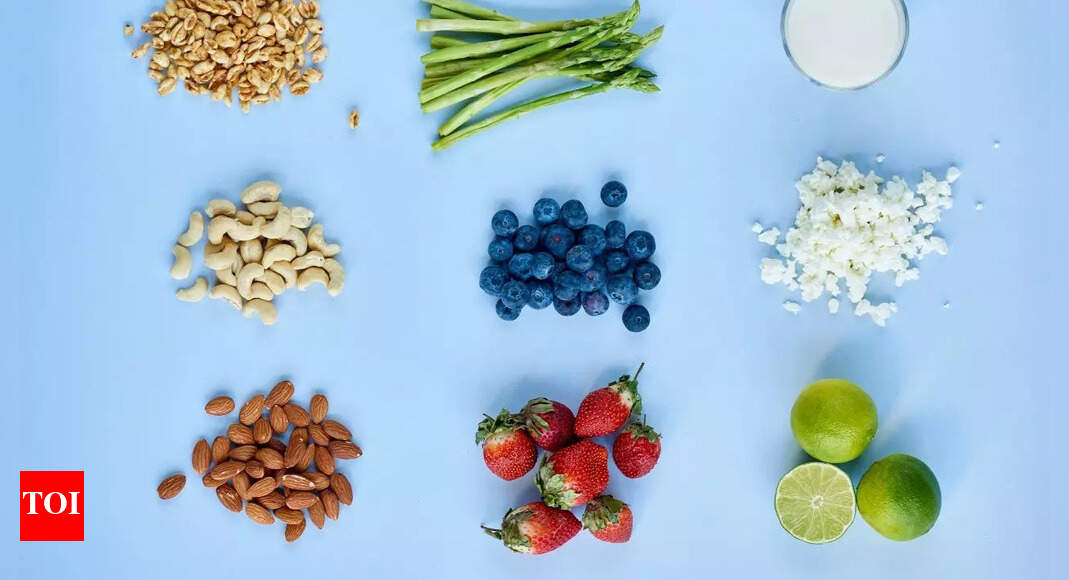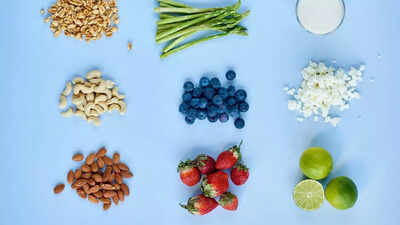
In an age of gut health supplements and trendy diets, we often overlook a timeless truth: digestion begins with how we combine our foods. According to Ayurveda, India’s 5,000-year-old healing system, even nutritious foods can become harmful when paired incorrectly. Poor combinations may disturb the digestive fire (agni), creating toxins, inflammation, and long-term imbalances. While modern medicine focuses on what to eat, Ayurveda looks deeper, at how and with what we eat. This article explores ancient food pairing wisdom and offers practical tips to reset your digestion naturally, one mindful meal at a time.
Why food combining matters in Ayurveda
Unlike Western dietary approaches that promote food group balance, Ayurveda tailors food intake to an individual’s constitution: vata, pitta, or kapha. It considers the taste (rasa), energy (virya), and post-digestive effect (vipaka) of each ingredient. When foods with clashing qualities are combined, such as bananas (sour after digestion) and milk (sweet post-digestive effect), they confuse the body’s digestive intelligence.A study, “Conceptual study of Viruddha Ahara in Ayurveda along with Modern perspective,” confirms that incompatible combinations such as milk with citrus or proteins with starches can disturb enzymatic pathways, increase oxidative stress, and harm gut bacteria—paralleling Ayurveda’s warnings about weakening agni and generating ama.
Common incompatible food combinations to avoid according to Ayurveda
Ayurveda outlines a number of food pairings that may disturb digestion and even create toxins. Some surprising culprits include:Bananas and milk: Though both seem mild and sweet, they have different vipaka. Their combination can lead to congestion, allergies, or sluggish digestion.
- Melons and dairy: Melons digest rapidly, while milk takes longer. Together, they ferment and curdle in the stomach.
- Fruit with most meals: Fruit, especially melons, should ideally be eaten alone. Mixing fruit with grains, dairy, or starches may lead to fermentation and acidity.
- Equal parts ghee and honey: Though both are revered in Ayurveda, when mixed in equal weight, their opposing energies (ghee is cooling, honey is heating) become toxic.
- Yogurt with fruit or hot drinks: This can disturb the gut flora and increase mucous production.
- Lemon with milk or tomatoes: The acidity of lemon may curdle milk and destabilise digestion when mixed with certain vegetables.
What poor food combinations do to your digestion and overall health
Poor food combinations, if eaten regularly, may overwhelm the digestive fire (agni), leading to incomplete digestion, toxin build-up, and long-term imbalances in the body. Symptoms can manifest as:
- Chronic bloating and gas
Food intolerances - Allergies and sinus issues
- Sluggish metabolism or weight gain
- Skin breakouts or inflammation
The underlying issue? Digestion is not just about what you eat, but how and with what you eat it.
Simple Ayurvedic tips to make food combining practical and sustainable
Ayurveda isn’t about rigid rules, but conscious living. To make food combining more accessible, here are simple guidelines to get started:
- Eat fruit on its own, ideally 30–60 minutes before other meals.
- Don’t mix raw and cooked food in the same meal. For example, avoid combining fresh salad with hot lentil soup.
- Take small sips of warm water during meals, instead of cold drinks, which douse the digestive fire.
- Use spices and herbs like ginger, cumin, or cardamom to balance difficult foods or aid digestion.
Practise mindful eating: chew thoroughly, eat without distractions, and don’t overload the stomach. Leave one-third of your stomach empty after meals.
Can your body adapt to bad food combinations? Here’s what Ayurveda says
Ayurveda recognises that the body can sometimes adjust to long-standing dietary habits. For instance, someone accustomed to eating apples and cheese together may digest them more easily than someone trying the combination for the first time. However, this doesn’t make it ideal; it simply reflects the body’s ability to compensate, not thrive. Ayurveda also offers natural antidotes for certain combinations: cardamom in coffee can help counteract its overstimulating effects, while adding ghee and black pepper to potatoes may reduce their tendency to cause gas.That said, prevention is always better than cure. You don’t need to overhaul your entire diet overnight. Start small, observe how your body responds to different pairings, eat fruit on its own, skip iced drinks, and slowly incorporate Ayurvedic wisdom into your meals. Ultimately, Ayurveda teaches us that digestion is sacred, and how we combine foods can be just as important as what we eat.Also Read: Is eating curd daily not safe for your health? Ayurveda warns about the risks of overconsumption







